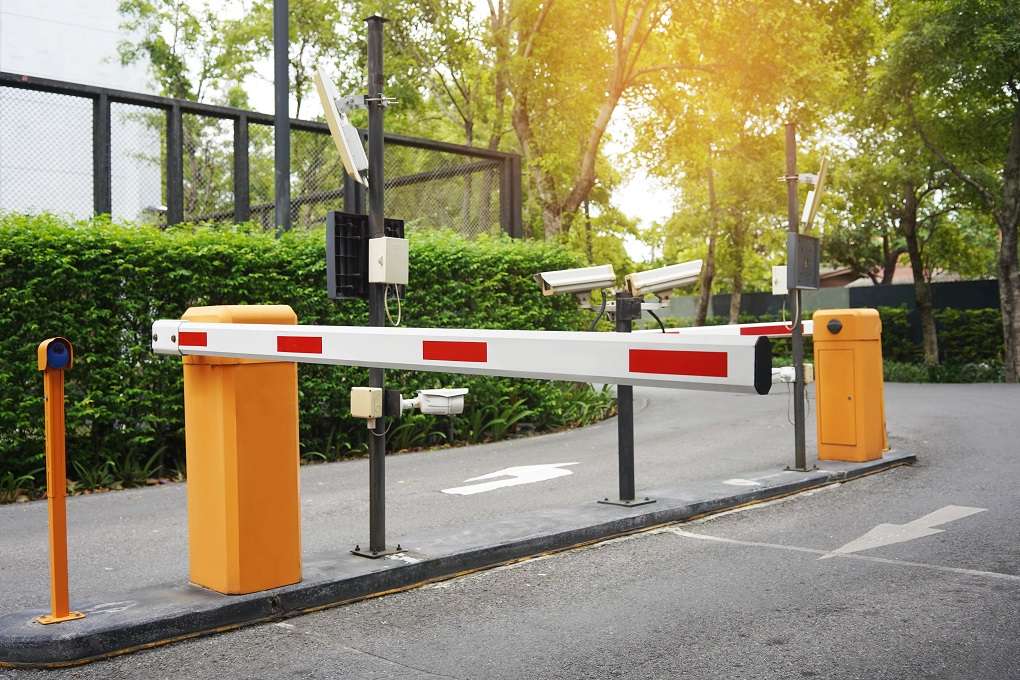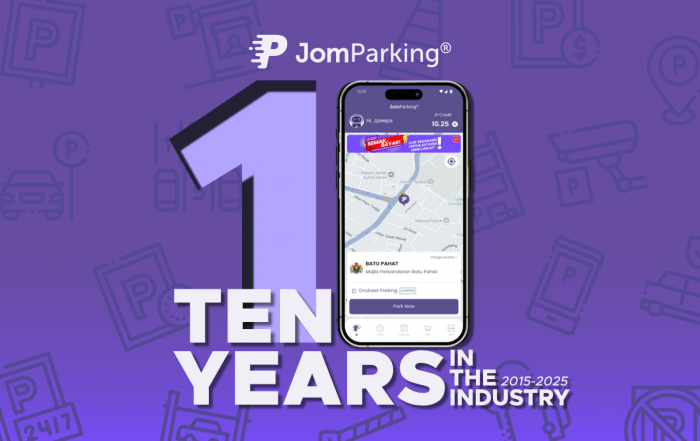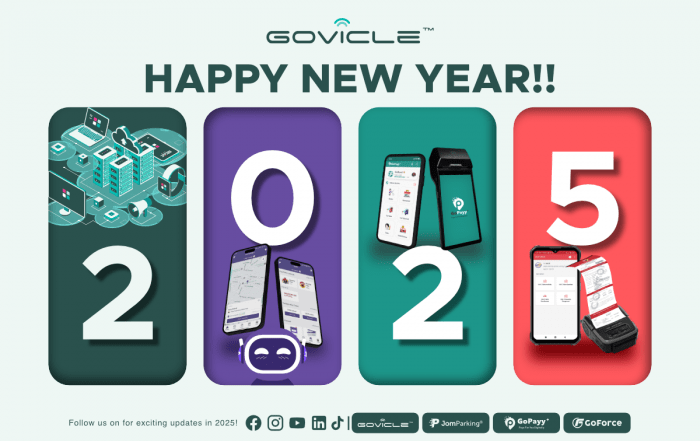ALPR vs RFID: Which Access Control is Best for Residential?

Both ALPR and RFID offer unique features, each suited to different needs. To answer the question of ALPR vs RFID: Which access control is best for residential, it’s essential to understand the technology behind each system and how they align with the specific security and convenience requirements of your community.
What is ALPR?

Automated License Plate Recognition (ALPR) is a cutting-edge technology that uses cameras equipped with AI software to capture and read license plate information automatically. Commonly seen in law enforcement, parking management, toll collection, and border control, ALPR has proven its effectiveness in ensuring security and efficiency. In Malaysia, ALPR is increasingly used in parking facilities, such as shopping malls and hotels, where it automates vehicle registration for seamless entry and exit.

What is RFID?
Radio Frequency Identification (RFID) is a wireless technology that uses radio waves to identify and track objects. An RFID system comprises two main components: tags (cards or stickers) and readers. In gated residential areas, RFID typically comes in the form of a physical card, or a sticker placed on vehicles. It is a popular solution for access control, enabling residents to open gates by scanning their RFID tags.

Pros and Cons of ALPR
Pros
- Enhanced Security: ALPR captures license plate details in real time and stores the data, allowing for comprehensive tracking of vehicle movements. This helps detect unauthorized entries or vehicles on a watchlist.
- Hands-Free Operation: Residents don’t need to carry physical cards or stickers, minimizing the risk of theft or duplication.
- Integration with Databases: ALPR can integrate with security systems or law enforcement databases, enabling instant verification and alerts for stolen or unauthorized vehicles.
- 24/7 Monitoring: The system provides round-the-clock surveillance, making it highly effective for residential areas prioritizing safety.
- Minimal Wear and Tear: The contactless nature of the technology reduces wear and tear on access equipment compared to systems requiring physical interaction, like RFID readers. This contributes to better long-term reliability and lower maintenance costs.
- Value-Added Advertising Opportunity: The screens used to display license plate numbers can double as digital advertising spaces, providing a unique revenue-generating opportunity for residential communities or management.
Cons
- High Initial Cost: Implementing ALPR requires significant investment in hardware, software, and infrastructure.
- Privacy Concerns: Residents may have concerns about data collection and storage.
- Potential False Reads: Dirty or obscured license plates can affect accuracy.
Pros and Cons of RFID
Pros
- Cost-Effective: RFID is more affordable compared to ALPR, making it a budget-friendly option for residential communities.
- Ease of Use: RFID systems are simple to install and operate. Residents only need to scan their tags or stickers for access.
- Scalability: Adding new users is straightforward, as it only requires issuing additional RFID tags.
Cons
- Security Risks: RFID tags can be duplicated or stolen, potentially allowing unauthorized access.
- Dependency on Tags: Residents must have their RFID tags at all times; losing or forgetting them can cause inconvenience.
- Limited Functionality: RFID lacks the advanced tracking and monitoring capabilities of ALPR systems.
Conclusion
ALPR vs RFID: Which Access Control is Best for Residential?
The choice between ALPR vs RFID depends on the specific needs of a residential community.
Choose ALPR if:
Security is a top priority. ALPR provides higher accuracy, advanced monitoring, and integration with law enforcement databases, making it suitable to tighten up the security in residential areas or those prone to unauthorized access.
Choose RFID if:
Budget constraints are a concern. RFID is cost-effective and works well for smaller communities or areas with moderate security needs.
In conclusion, ALPR offers superior security and convenience, albeit at a higher cost, while RFID provides a simpler and more affordable solution. For residential management committees, the decision should consider factors such as security priorities, budget, and the community’s technology readiness.
Need help deciding?

Choosing the right technology for your residential community can be challenging. If you’re considering ALPR as a solution, our company offers professional services to help with implementation and support. Feel free to contact us at +603-2712 3133 or send us email [email protected] for more information or to explore how we can assist in meeting your community’s needs.



